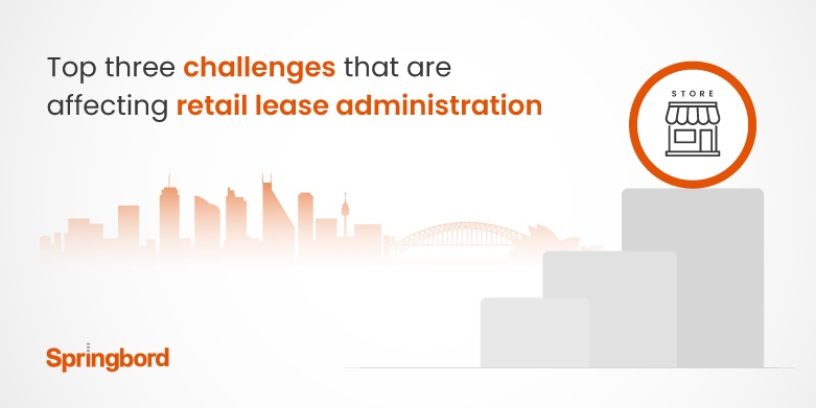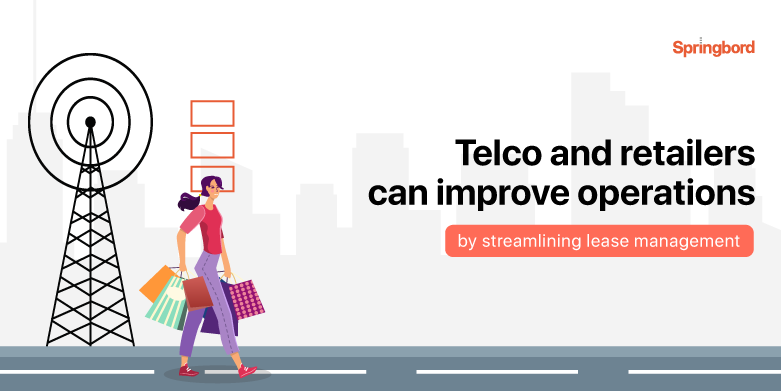 Read time 2 min
Read time 2 minThe retail sector is facing challenges that are not just demanding but unprecedented spurred by the pandemic and its long-term impact. Amidst the volatility and uncertainty, retailers are striving hard to optimize profitability while creating value through lease restructuring and management. Given the situation, the process of lease administration has evolved from a mere support function to a more strategic role. Effective lease administration can facilitate better data management and informed and profitable decisions for both tenants and landlords. However, most players lack the right technology solution and skill to handle the process efficiently.
Let’s look at some of the key challenges facing retail tenants and landlords and how to tackle these unprecedented shifts with robust and efficient lease administration solutions.
Managing new lease structures and ensuring compliance
The retail leasing space is rapidly changing as both tenants and landlords continue to adapt and respond to new market and safety imperatives. In a dynamic retail landscape characterized by evolving technology, ever-changing consumer behavior, and shifting trends accelerated by the impact of the pandemic – retail tenants and landlords need to have both systems and skilled resources to ride the tide.
The ability to capture, organize and process lease data is key to ensuring not just efficient and comprehensive lease administration, but also timely compliance. Robust lease administration can provide complete visibility, improve operational efficiency, and quality of decision making, allowing retailers to drive better profitability and value across their lease portfolio.
The growing need for accurate, granular, and up-to-date data
The need for robust lease data management has been now underscored by the pandemic and the industry continues to adapt and respond to the shifting imperatives. However, despite the criticality of lease data management, many retailers still face significant challenges in managing essential lease information efficiently, restricting their ability to have access to important data and use it to their advantage.
Comprehensive lease data management can help improve data control and access, streamline accounting and administration resulting in improved collaboration and lease negotiations/restructuring. It also enables both tenants and landlords to gain meaningful insights and improve risk management, optimize profitability, and effectively evaluate liabilities, helping them make informed and viable decisions.
Handling the co-tenancy clause
This clause has been a challenging one for malls, shopping centers, and strip mall owners. However, it has become even more complex in the wake of the pandemic, which has severely impacted the brick-and-mortar retail experience. As shopping center landlords find ways to restructure existing leases and utilize force majeure clauses to avoid any breach of co-tenancy clause and accommodate concessions, they need access to granular data that is accurate and up-to-date.
Planning and engaging with tenants and finding any creative and viable solution starts with robust lease administration. Without complete visibility into the existing portfolio, it is extremely challenging to make any effective changes to the lease that can help navigate the current landscape and situation and maximize viability in the future.
Whether you are looking for comprehensive or partial support in managing your retail lease portfolio, talk to us to find out how we can offer custom services designed to meet your lease administration requirements.







